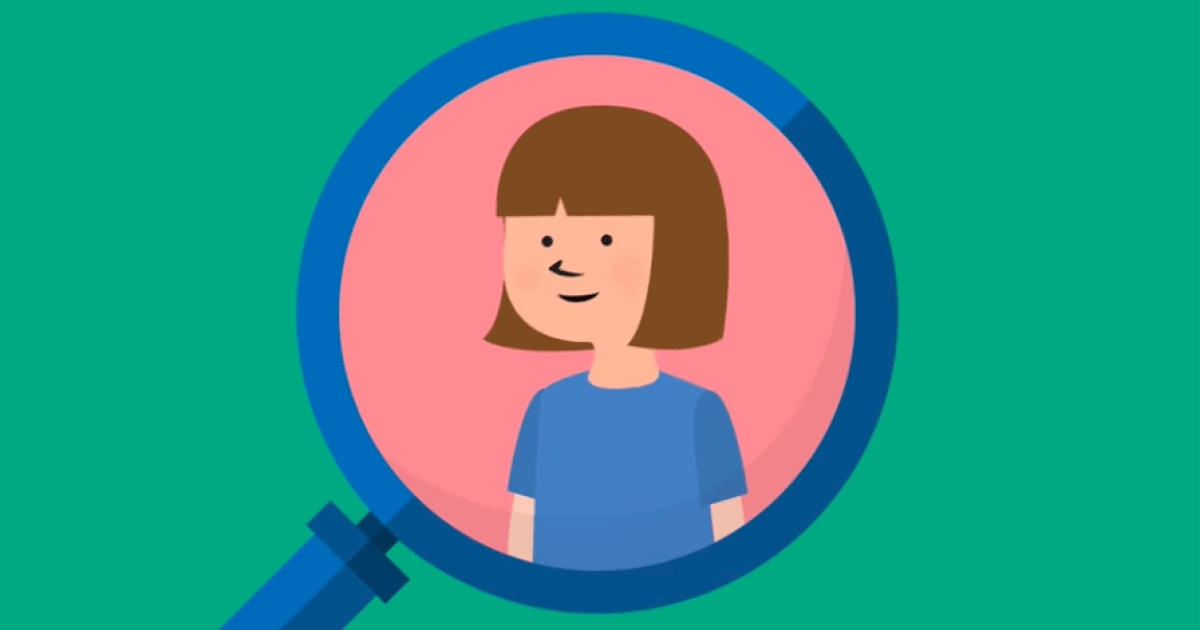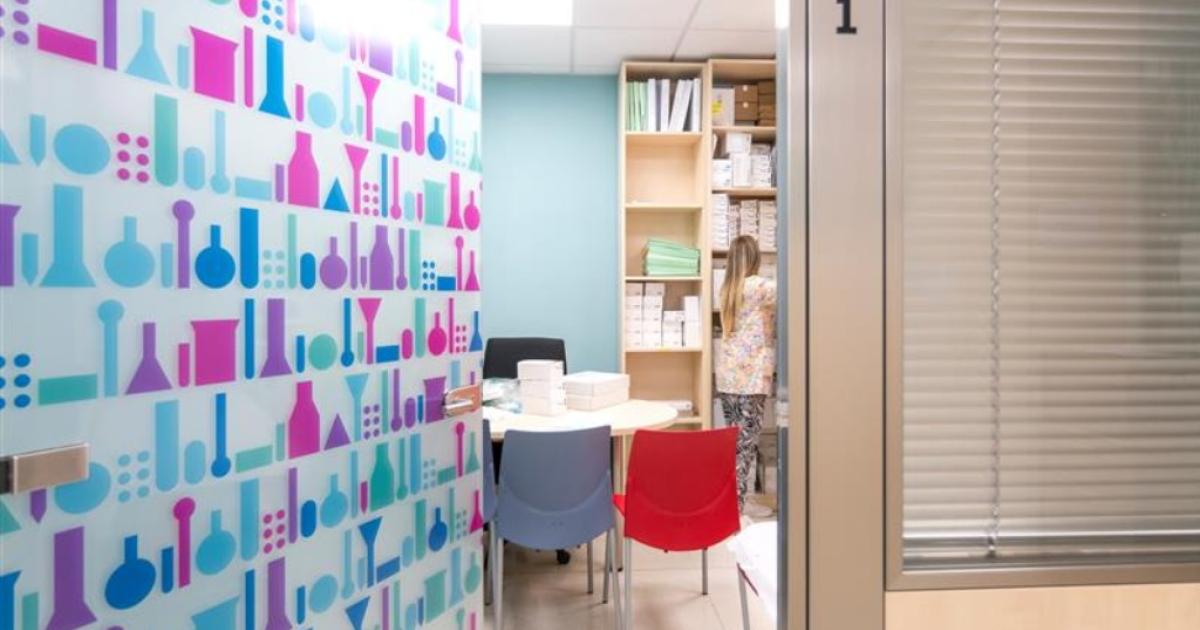
Our aim is to facilitate the work of researchers, laboratories and companies that need to evaluate the efficacy of treatments and products, as well as to encourage the participation of families in research.
The Clinical Research Unit of SJD Barcelona Children's Hospital is part of the Sant Joan de Déu Research Institute and focuses on two areas. On the one hand, we carry out clinical trials to investigate the effect of a treatment or medicine on children, adolescents and pregnant women. On the other hand, we test new medical devices to ensure their suitability for paediatric use. We do all this work thanks to the collaboration of children and their families, who trust in our professionalism to advance research into treatments that may lead to cures for diseases or improve the quality of life of paediatric patients.
Why SJD Barcelona Children's Hospital?
We are the only paediatric unit in Spain that includes all specialties and we are European leaders. This allows us to carry out a greater number of trials and offer the opportunity for a greater number of families to participate in them, so our results are more representative.
The Clinical Research Unit at Sant Joan de Déu Hospital has been active since 2012. We currently manage more than 250 trials belonging to more than 30 research areas, which in the paediatric field is an exceptional number.
We have a centralised model for managing and coordinating clinical trials, both our own and those of external sponsors. This allows us to advise more effectively on the conduct of clinical trials and to provide a single point of contact for external sponsors.
Our team specialises in clinical research in paediatrics and the health of pregnant women. We have facilities specially designed to accommodate patients and families who participate in clinical trials and innovations. This allows us to accompany them in a very personal way throughout the process and give them all the necessary support.
Our professionals
The professional team at the Clinical Research Unit of SJD Barcelona Children's Hospital accompanies patients and their families throughout the process of conducting a trial, advising them and resolving any doubts they may have.
We also advise researchers and carry out all the necessary steps to conduct trials (legal and regulatory procedures, sample extraction, treatment administration and data entry), with a model that we call ‘one-stop shop’, that is, a model that centralises all the operational and medical management of the clinical trial.
We have a multidisciplinary team that includes professionals with different profiles: research coordinators and nurses, data entry, trial managers, administrative staff, pharmacists, lawyers, etc. The entire team is specialised in clinical research and is fully dedicated to the Unit.
- Joana Claverol, director
- Marta Cubells, head of assistance
- Montse Solà, Quality and ARO Manager
- Cristina Llanos, care referent
- Laura Solé, care referent
- Elisenda Sans, care referent
- Sandra López, care referent
- Felipe Pérez, operations referent
- Maria José Pulgarín, start up referent
- Rosa Morales, economic management referent
Information for families on clinical trials
Children and adolescents are central to research on their health and can actively contribute to important breakthroughs. In addition, clinical trials provide sick children with a potential treatment option that was previously unavailable to them.
To be part of a clinical trial, patients and their families need to have all the information they need to make important decisions. In this video, we explain what a clinical trial is, what its phases are, how it is carried out, what placebo is, and more relevant data.
Clinical trials explained for kids (caption in english)

What do you need to know to participate in a clinical trial at SJD?
A clinical trial is a type of study that investigates the effect of a medicine or treatment in children and adolescents. In a clinical trial, two treatments or drugs are compared, the one to be studied and another already known treatment or an inactive substance, known as a placebo. Neither the parents, nor the children, nor the researcher knows which treatment the patient receives, in order to avoid distorted results. An anonymous lottery is usually used to assign the treatment to the patient.
Regulatory agencies linked to drug authorisations, such as the Food and Drug Administration (FDA) and the European Medicines Agency (EMA), determine the design of clinical trials and, therefore, the use or non-use of placebo. In oncology or ultra-rare disease studies, it is common for placebo not to be used and for the study to be conducted directly on the drug.
At SJD Barcelona Children's Hospital, clinical trials are reviewed and approved by the Fundació Sant Joan de Déu's Drug Research Ethics Committee and the Agencia Española de Medicamentos (AEMPS).
Because children and adolescents are not small adults. Depending on the stage of development, it may be necessary to (1) adjust dosages and (2) have paediatric formulations (syrups, tablets, etc.) available.
Pediatric clinical trials are important because they help researchers and doctors to:
- Find treatments to cure or delay diseases that only occur in childhood and adolescence, to cure or delay diseases that also occur in adults but manifest differently in children and to help improve the quality of life of sick children.
- Finding the right dose of a medicine that causes the minimum number of side effects.
- Develop formulations that children can easily take (syrups, chewing gum, etc.).
- Verify that treatments that are safe in adults are also safe in children.
All children can participate in a clinical trial at our centre, whether they are our patients or not. They have to meet the inclusion criteria of the clinical trial: for example, being of a certain age, having followed a previous treatment, having specific results in a blood test, having a certain disease or even being healthy. These criteria are thoroughly checked by our medical team.
Participation in a clinical trial is always voluntary and altruistic.
Informed consent is a document that contains all necessary information about the clinical trial. Parents/legal guardians of a minor must sign it to acknowledge that they have received the information and that they agree to the child's participation in the trial.
If the trial participant is between 12 and 17 years of age, they must also agree to participate by signing another document called an informed consent form.
For children under 12 years of age, although assent is not legally required, the trial is explained to them with the help of the team and with the participation of their parents/legal guardians.
- Withdraw consent to the study and leave it at any time, while maintaining guaranteed medical care for the child or adolescent.
- Commitment that the confidentiality of the data will be preserved and that no one outside the study will have access to them (you have the right to access, rectify, revoke or cancel the data).
- To be informed about the treatment options available for the patient's disease.
- Receive appropriate and specialised medical care while patients are participating in the clinical trial.
- Not pay for the investigational medicine.
- Ask questions at any time during the clinical trial and about any aspect that impacts on their quality of life (financial impact, hours in hospital, inconvenient travel, number of procedures, etc.).
- Be informed about the progress of the clinical trial.
How do we work in the Unit?
In the following video, Andrés, Laura and Pilar tell us why the Clinical Research Unit of SJD Barcelona Children's Hospital is a reference in the field of pediatrics, as well as their experience as professionals, in the case of Andrés and Laura, or as the mother of a child participating in a trial at the Unit, like Pilar.

Would you like to participate in one of our clinical trials?
If you would like to participate in any of the clinical trials conducted at the SJD Barcelona Children's Hospital or you have any queries, you can contact the Clinical Research Unit (Clinical Trials). Send us your message!
IMPORTANT: don’t forget to tell us, in the form’s Message field, your son or daughter’s diagnosis.

Welcome kit for patients and families
Our welcome kit is given to all patients and families participating in a clinical trial at SJD Barcelona Children's Hospital. This material provides basic information on what a trial is, what types of trials there are, what their phases are, and what professional profiles work in the Clinical Research Unit. The aim of the kit is to improve the experience of participation of children, adolescents and their families in the clinical trial.
Indicators
Children and adolescents participating in clinical trials
Diseases we study
Clinical trials
Observational studies
Clinical Research projects
Clinical innovation projects
Principal investigators leading trials
Information for professionals
We invite you to browse the information provided by the Sant Joan de Déu Research Institute to healthcare professionals about our services and the clinical trials we conduct, as well as other information we believe will be of interest to you.
